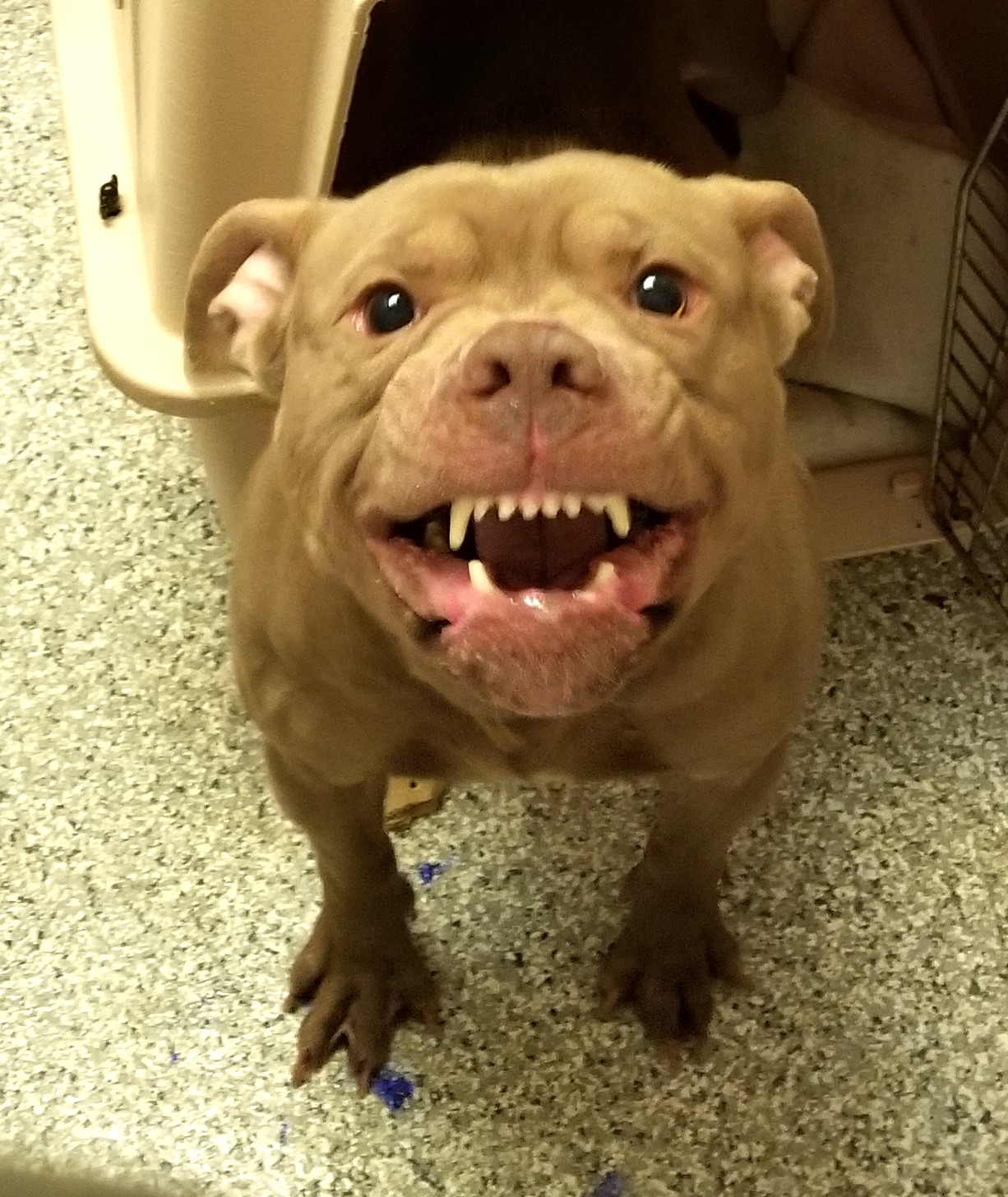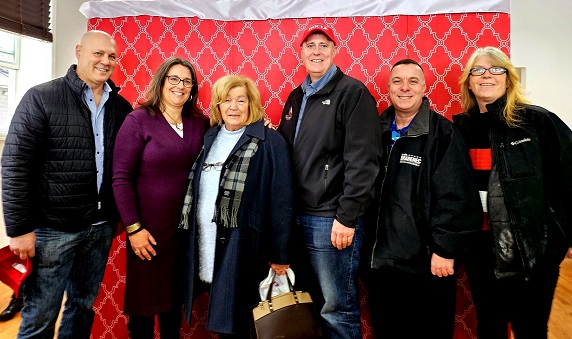 by Suzyn Barron, President of Warwick Valley Humane Society, Inc.
by Suzyn Barron, President of Warwick Valley Humane Society, Inc.
Did you know that most shelters try to limit their intake of unwanted pets to those only within their own jurisdiction? It makes sense because it is usually those communities served by the shelter that help the shelter with donations and volunteering. And lost pets should be brought to the closest shelter to where they were found, making it easier for their owners to find them. But admittedly, there are times when intaking pets from outside of the area is necessary, especially if that animal is injured, ill or orphaned.
In certain situations, organizations offer mutual aid, especially in animal hoarding cases. According to an article for the National Library of Medicine written by Amanda Reinisch “An animal hoarder is defined as someone who has accumulated a large number of animals and who: 1) fails to provide minimal standards of nutrition, sanitation, and veterinary care; 2) fails to act on the deteriorating condition of the animals (including disease, starvation or death) and the environment (severe overcrowding, extremely unsanitary conditions); and often, 3) is unaware of the negative effects of the collection on their own health and well-being and on that of other family members “. Interestingly, a Psychiatric Times article suggests three classifications of animal hoarders:
- The overwhelmed caregiver due to a change in circumstances exhibits with some awareness and who tends to minimize rather than deny conditions and although reluctant to seek help, are better at complying with intervention.
- The mission driven rescuers fail to recognize the poor quality of the care they are providing. They believe only they can adequately care for their animals. They actively acquire more animals, avoid authorities, and often represent themselves as a sanctuary or shelter.
- Exploiters are the most serious and difficult to resolve. They involve individuals with sociopathic characteristics who acquire animals to serve their own needs, with little true attachment to them. They reject authority, believe their knowledge is superior to anyone else’s, and display many characteristics of antisocial personality disorder lacking guilt or remorse.
We received a desperate call for help to intake 30 parakeets from outside of our area from a family member of a senior couple facing eviction for having nearly 100 budgies. The owner would visit the large chain stores regularly buying more and more parakeets because they “love them” thus fitting the overwhelmed caregiver category. Due to a miscount on their part, 15 assorted color birds arrived in a far too small cage despite being flock birds who enjoy each other’s company. Parakeets are active and social birds. They love to fly, play, and interact with their environment. The size of a parakeet’s cage impacts their living conditions, their happiness and ultimately their health.
The parakeets are available for adoption as multiples only for their mental wellbeing. If interested visit wvhumane.org to download the small animal application or call 845-986-2473.
“Birds chirping around you is a beautiful realization that life is incredibly good. Let this sound be a gentle break in your routine.” ― Hiral Nagda
Pet of the Week:






